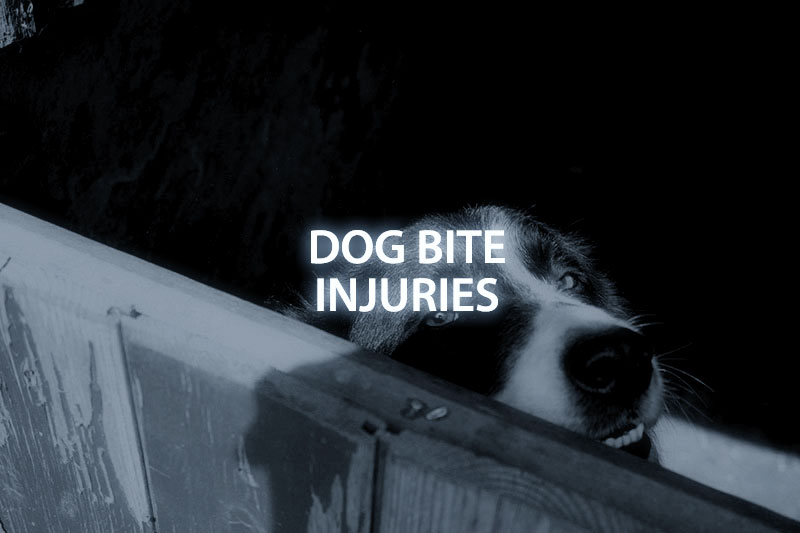In California, dog owners can often face legal challenges if their pet bites someone. Despite the state’s strict liability laws, which generally hold dog owners responsible for most bite incidents, there are defenses that can be used to limit or negate liability. This blog post will explore common defenses to dog bite lawsuits in California and explain how they can impact an owner’s liability, providing insights for dog owners on their legal rights and options.
Provocation
One of the most frequently cited defenses in dog bite cases is provocation. Under California law, if it can be demonstrated that the victim provoked the dog, this can potentially reduce or eliminate the owner’s liability. Provocation can take many forms, such as:
- Physically harming the dog
- Aggressive behaviors that threaten the dog
- Encroaching on the dog’s space and making it feel trapped
This defense hinges on whether the dog’s reaction was a reasonable response to the victim’s provocative actions. For example, if a person kicks a dog and the dog bites as a result, the court may find that this action provoked the bite and hold the victim partly or wholly responsible for the incident.
Trespassing
Another key defense is trespassing. California’s dog bite statute specifies that the strict liability rule applies only if the person bitten was in a public place or lawfully on private property. If the victim was trespassing—entering or remaining on the dog owner’s property without permission—the owner may not be held liable for the dog bite. Property owners are generally not responsible for protecting trespassers from harm, including harm from dogs, with certain exceptions for children or cases involving gross negligence.
Assumption of Risk
Assumption of risk is a defense that can be used in situations where the victim was well aware of the risk involved in interacting with the dog but chose to proceed anyway. This defense typically applies to professionals who work with dogs, such as veterinarians, animal trainers, or dog groomers. In these instances, the individuals are assumed to have accepted the risks inherent to their jobs, and owners may argue that liability should be reduced or waived as a result.
Comparative Negligence
In some cases, the legal principle of comparative negligence may come into play. This means that if the victim had some degree of fault in the incident, their compensation might be reduced by the percentage of their responsibility. For example, if a court determines that the victim was 20% at fault for not heeding a “Beware of Dog” sign, their awarded damages could be decreased accordingly.
Contact Attorney Caryn Warren for Help!
While California’s dog bite laws are designed to protect victims, it’s important for dog owners to understand there are valid defenses they can utilize in lawsuits. By proving provocation, trespassing, assumption of risk, or comparative negligence, an owner may be able to mitigate or even avoid liability for a dog bite. However, due to the complexities surrounding these defenses and the nuances of each individual case, consulting with a legal professional experienced in dog bite cases is crucial for navigating these disputes effectively.
For dog owners in California, knowledge of potential legal defenses is essential. Maintaining awareness and preparation can help shield against the significant financial and personal repercussions that can follow a dog bite incident. At the same time, responsible pet ownership remains the cornerstone of preventing such situations from arising in the first place.
Personal Injury & Criminal Defense Services Available Throughout
Greater Sacramento, Yolo, Placer, and Solano Counties
Antelope, Arden-Arcade, Auburn, Benicia, Carmichael, Citrus Heights, Davis, Dixon, Elk Grove, Fairfield, Fair Oaks, Folsom, Galt, Gold River, Granite Bay, Iselton, Lincoln, Loomis, North Highlands, Orangevale, Rancho Cordova, Rio Linda, Rio Vista, Roseville, Rocklin, Sacramento, Suisun City, Vacaville, Vallejo, West Sacramento, Winters, Woodland

